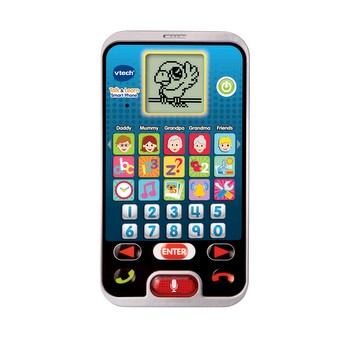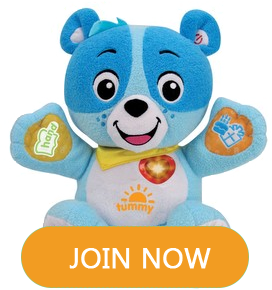Why Join VTech Club?
Joining is free, fast and full of great benefits, such as:
- Promotions and offers
- Monthly £1,000 prize draw*
- Regular competitions
- Special offers for our members
Added benefits
- Register your VTech products
- Apply to be a Product Tester
2-5
YEARS
Talk & Learn Smart Phone
£14.99
Temporarily unavailable to purchase online,
for more information please call 03306780149
for more information please call 03306780149
- Play and talk just like mum and dad on your very first smart phone.
- Make a real phone book by entering up to 5 phone numbers.
- Learn by playing 10 games and apps that feature letters, numbers, time concepts, counting, letters, letter order and much more.
- Personalise your toy phone and choose from 5 fun ringtones.
- With voice activation your little one can chat with a friendly bird or pretend to call friends and family.
Best for ages:
2 to 5 Years
Highlights
Play and talk just like mum and dad on your very first smart phone. 10 games and apps feature letters, numbers and more.
Description
Learning’s on the line with the Talk & Learn Smart Phone by VTech®. Play and talk just like mum and dad on your very first smart phone. Make a real phone book by entering up to 5 phone numbers. Learn by playing 10 games and apps that feature letters, numbers, time concepts, counting, letters, letter order and much more. Personalise your toy phone and choose from 5 fun ringtones. Plus, with voice activation your little one can chat with a friendly bird or pretend to call friends and family. Get talking and learning with the VTech Talk & Learn Smart Phone.
- Product Number: 80-139303
- 2 x AAA Batteries Required



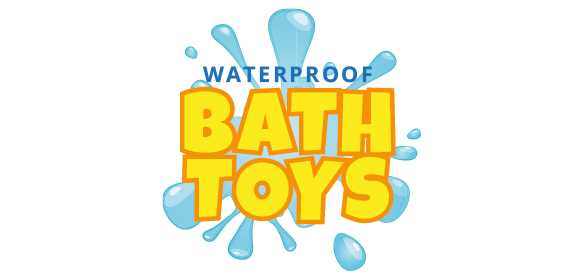
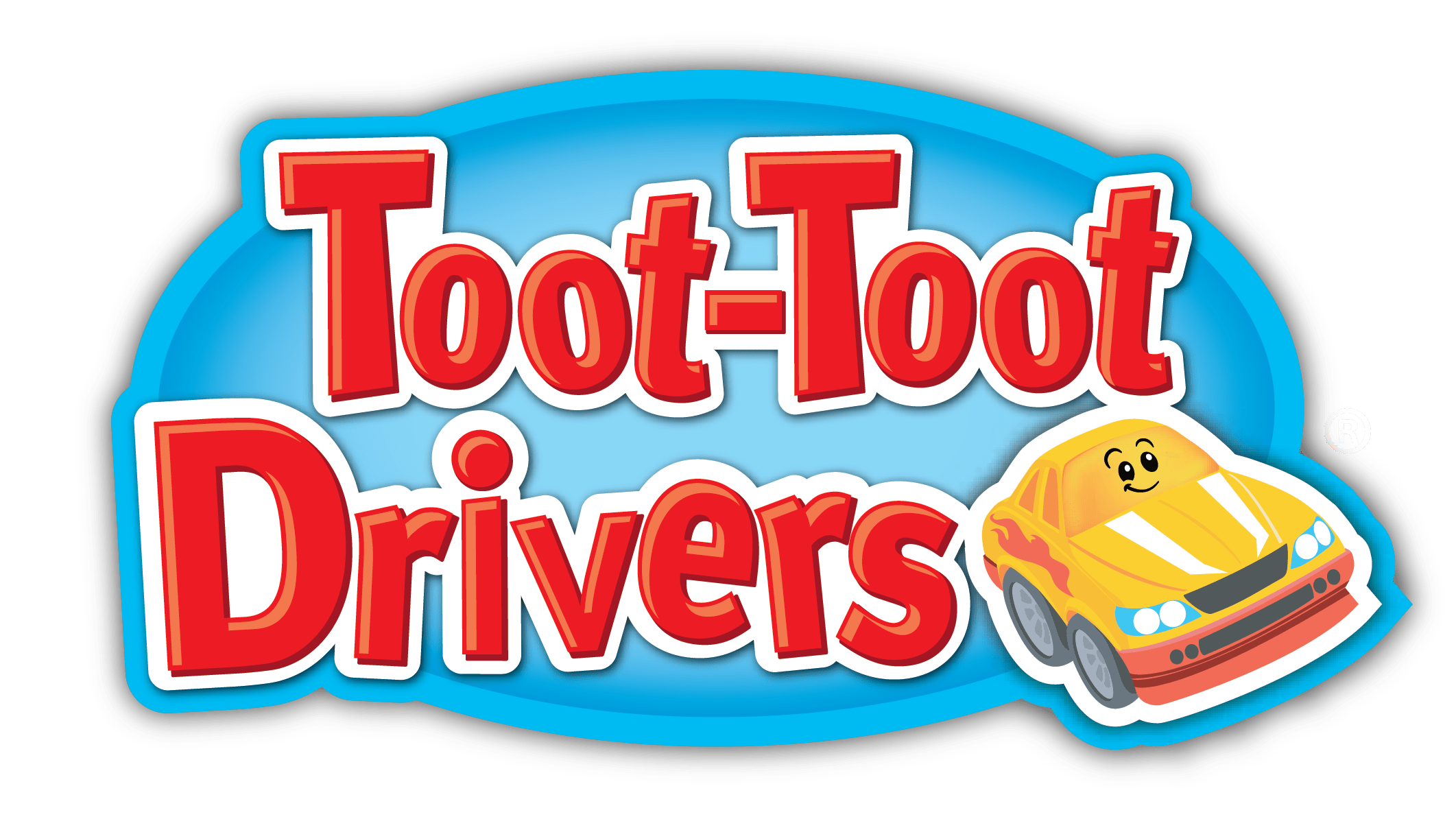



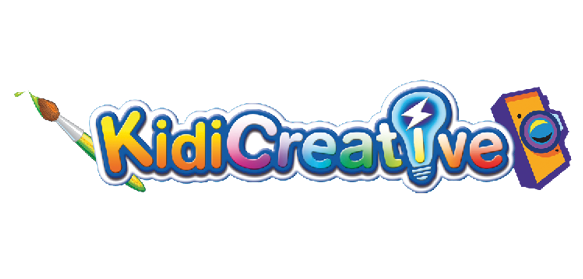

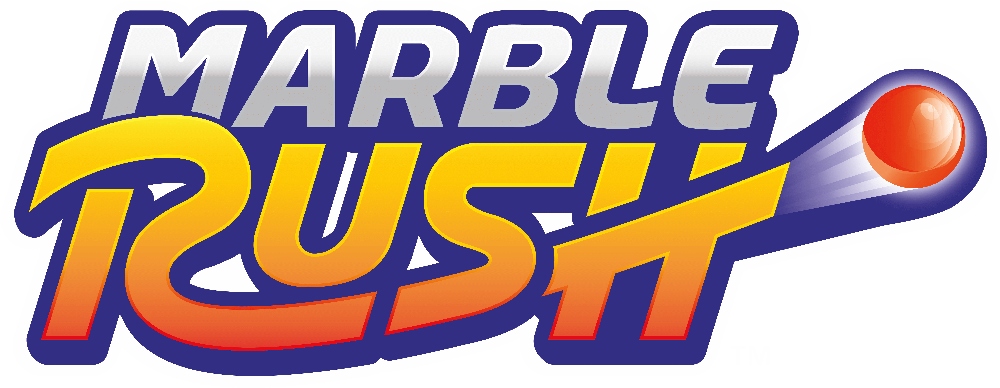

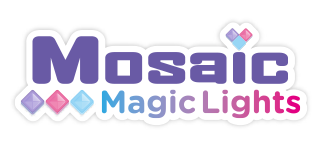
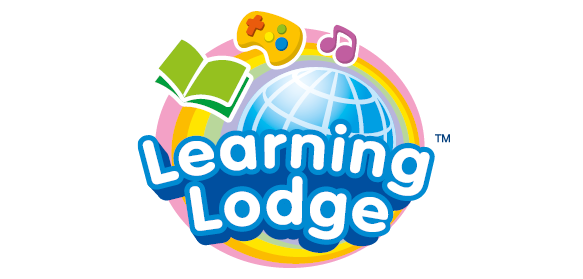 Download
Download

